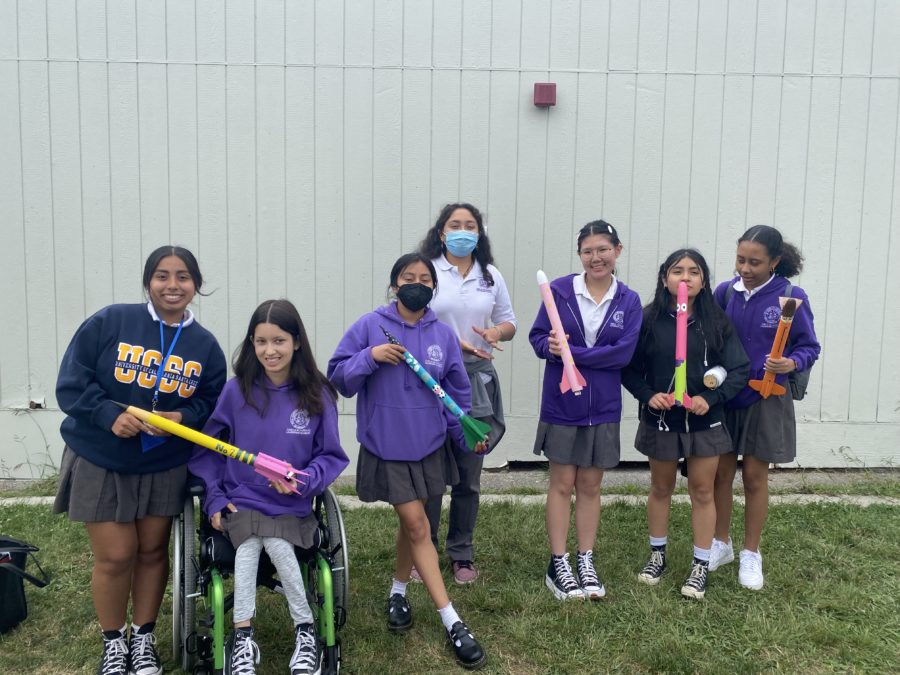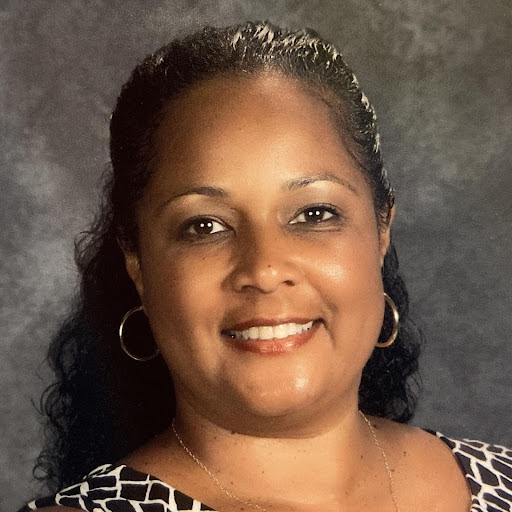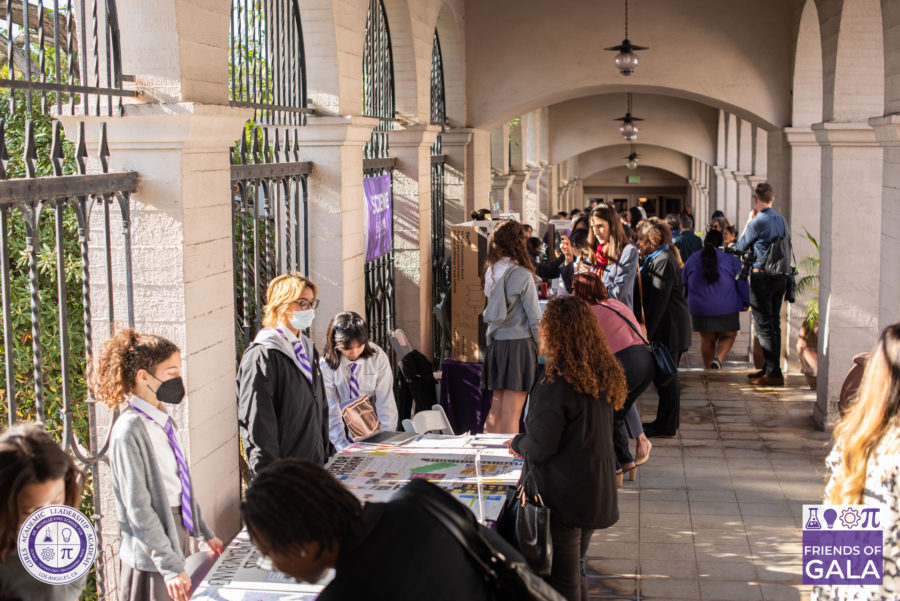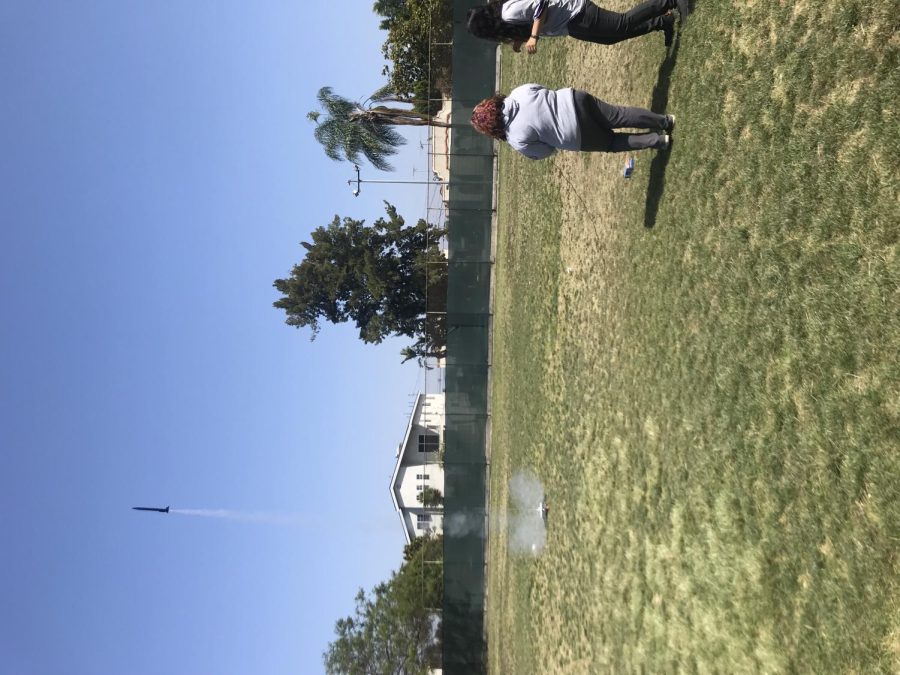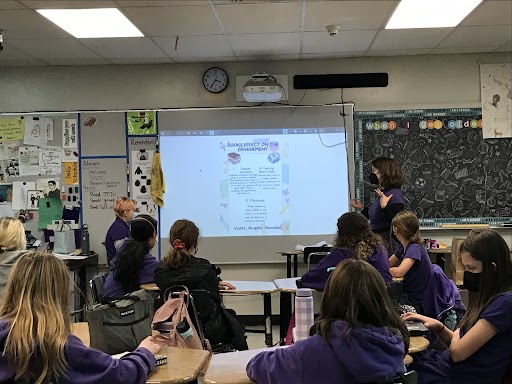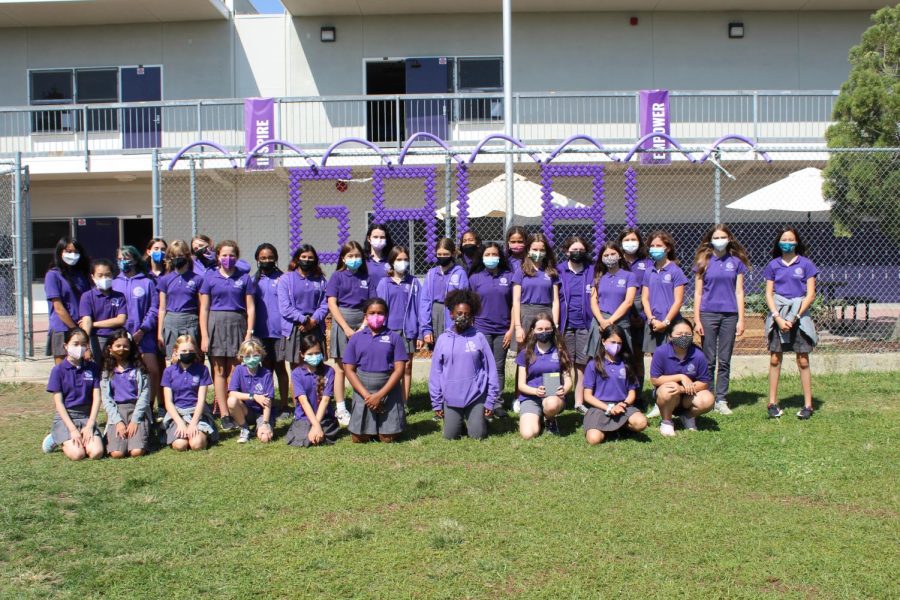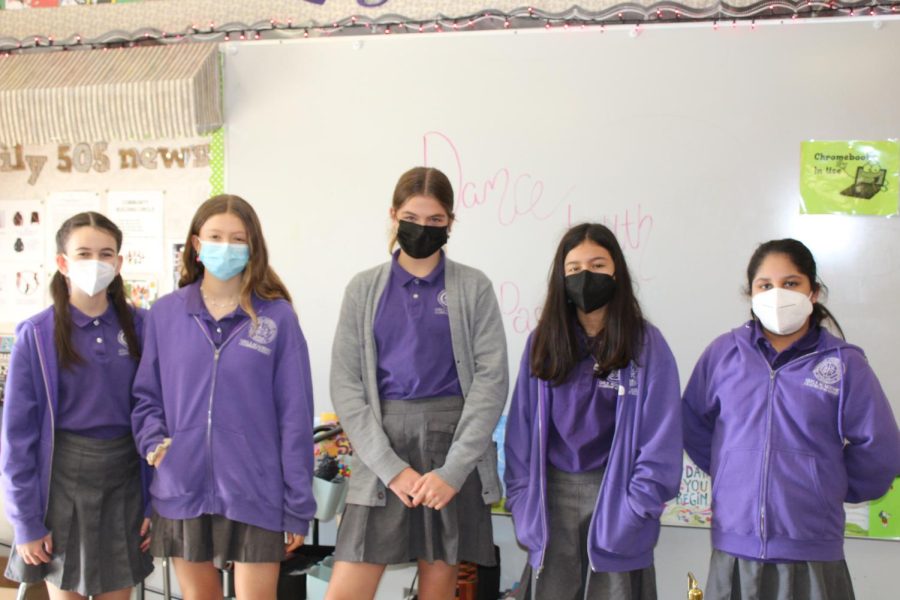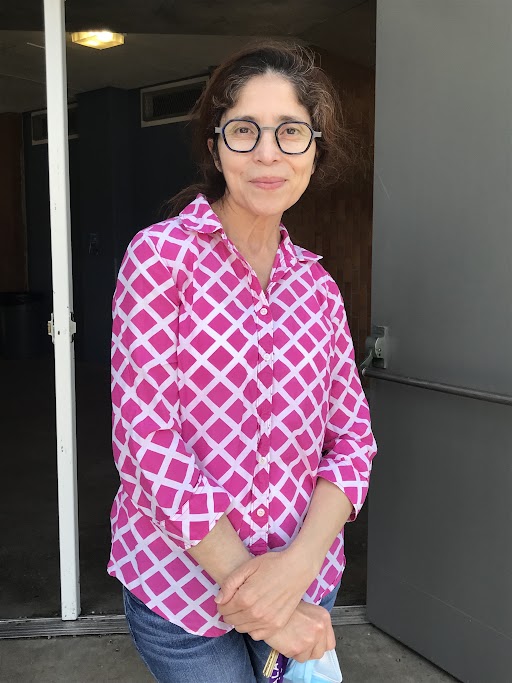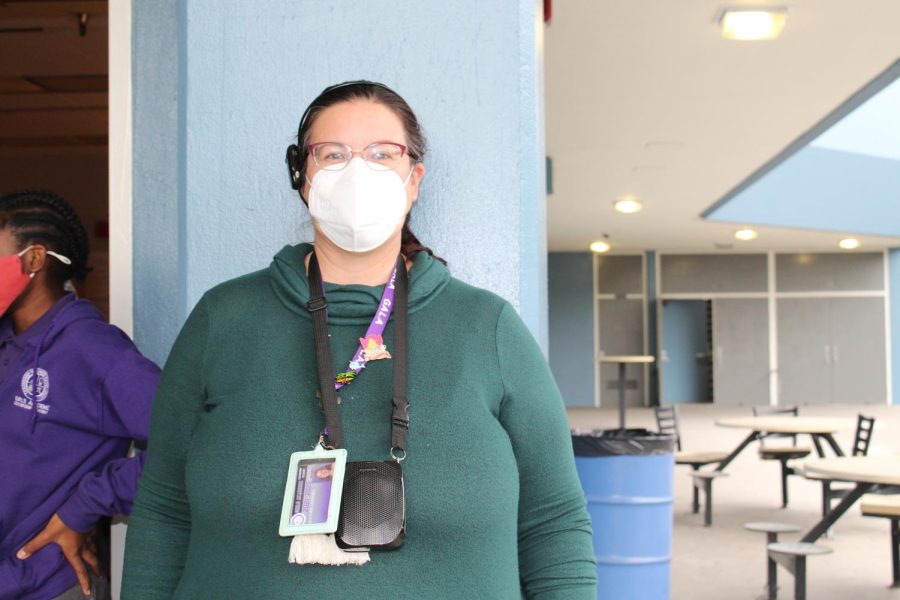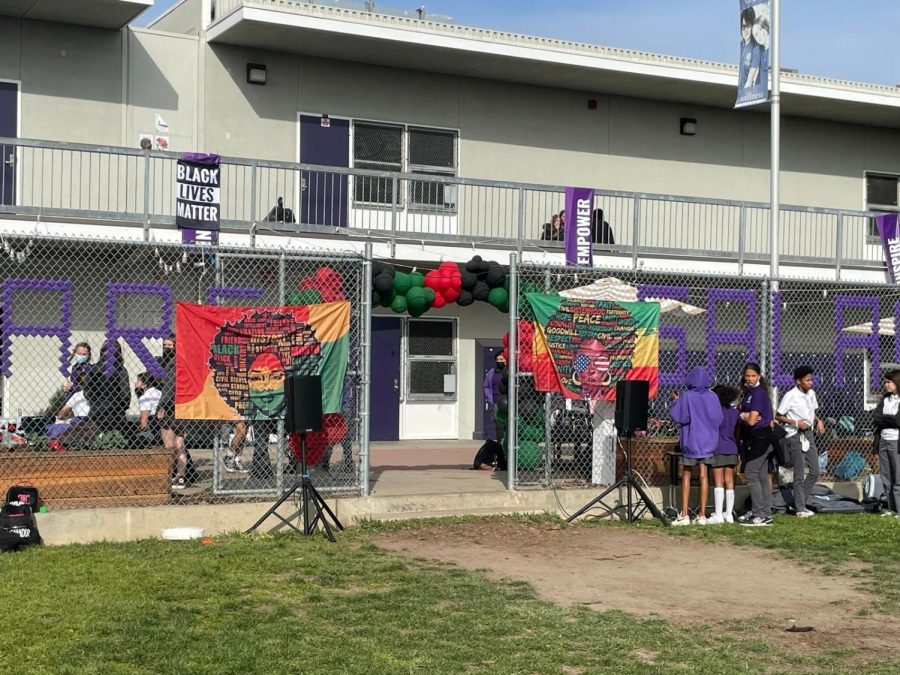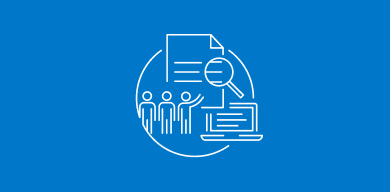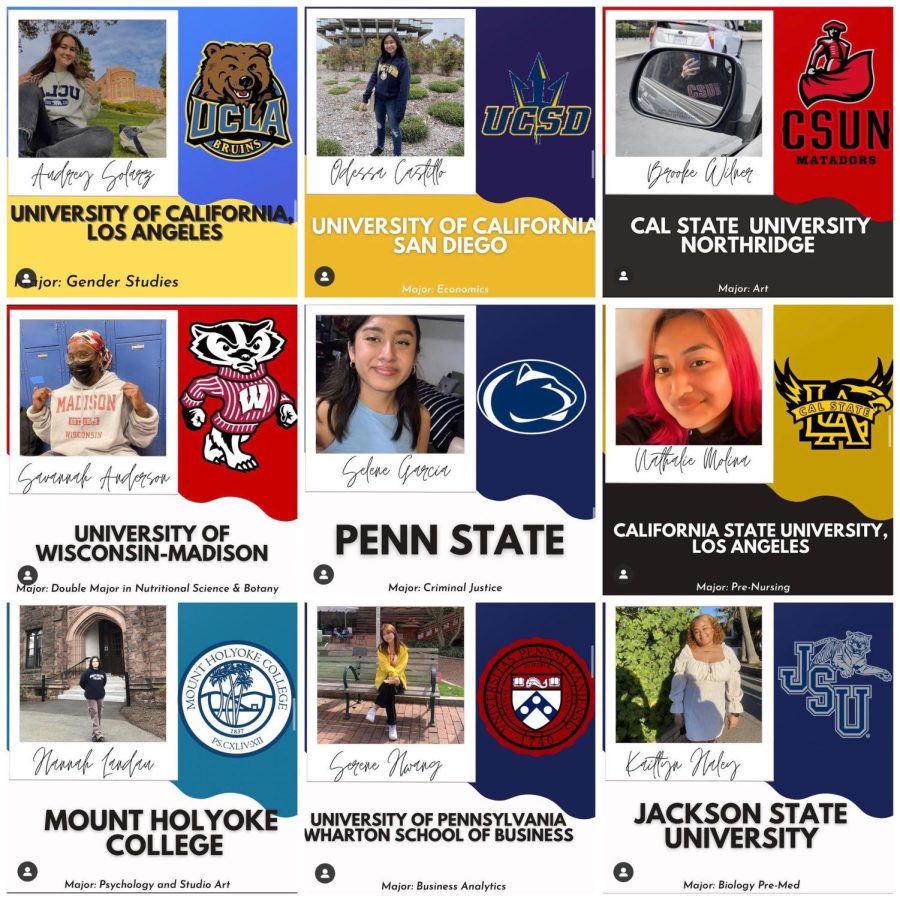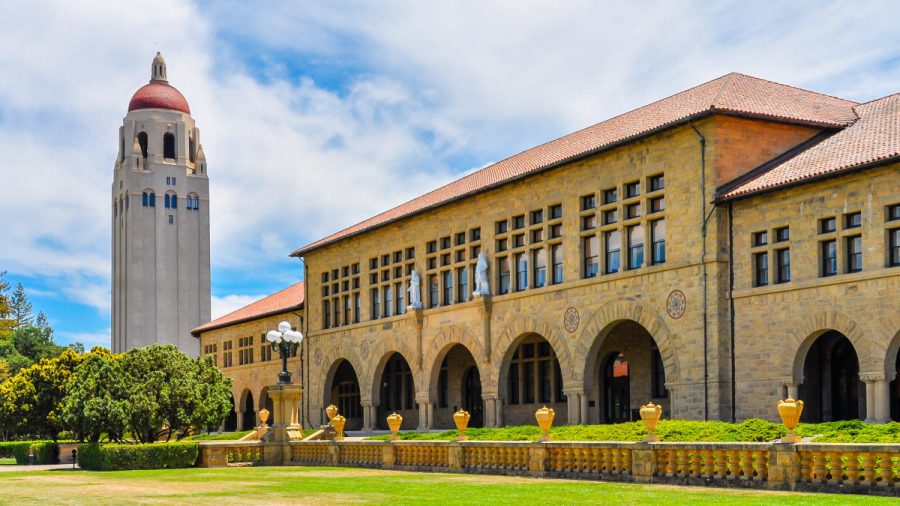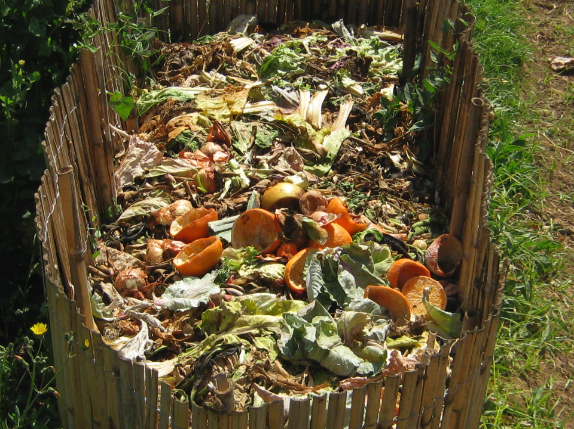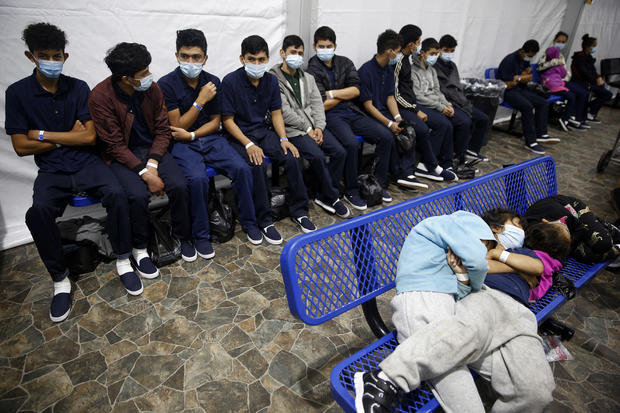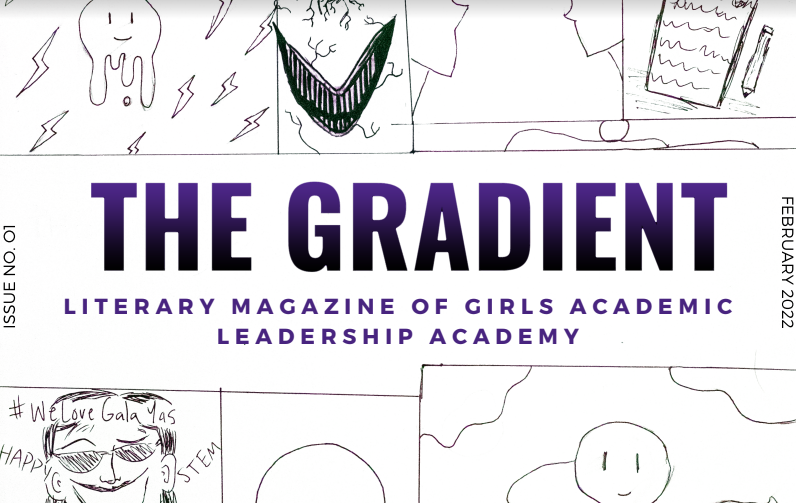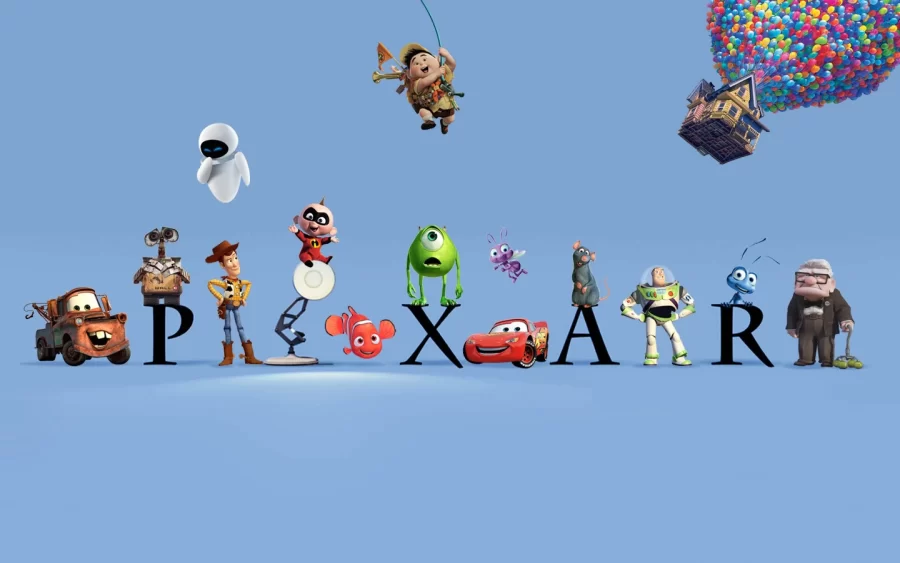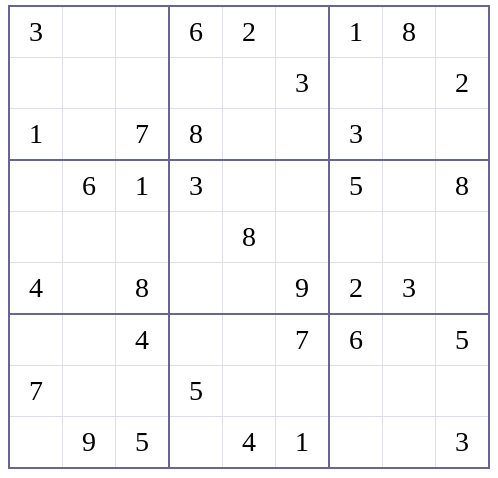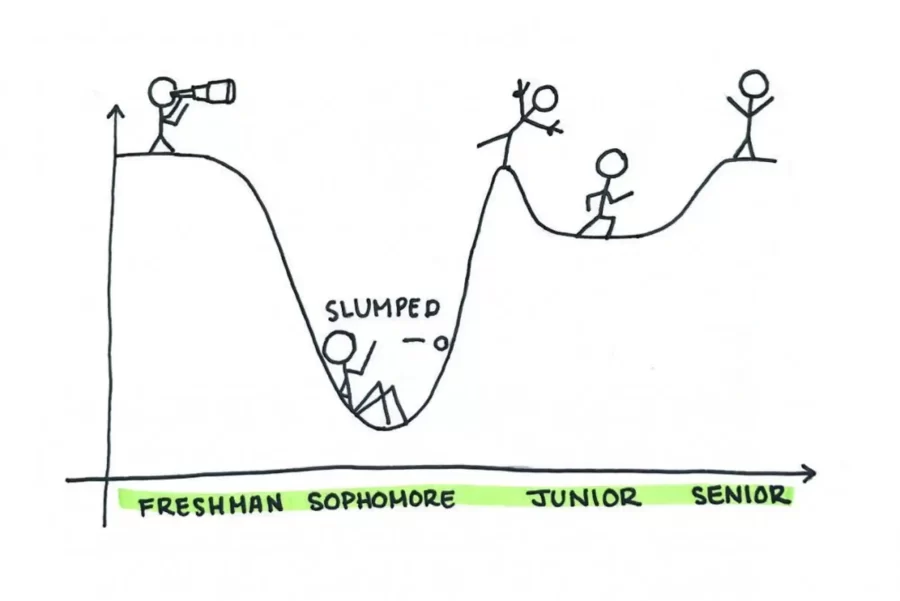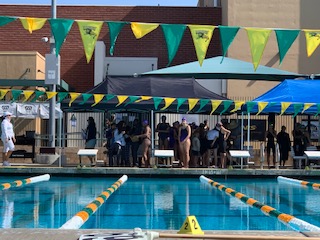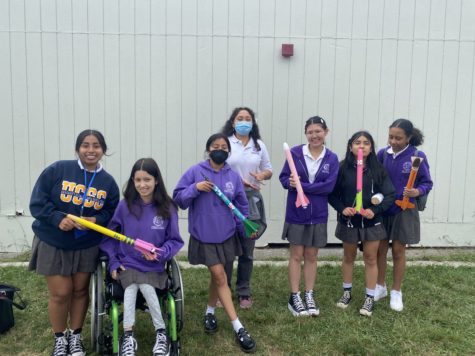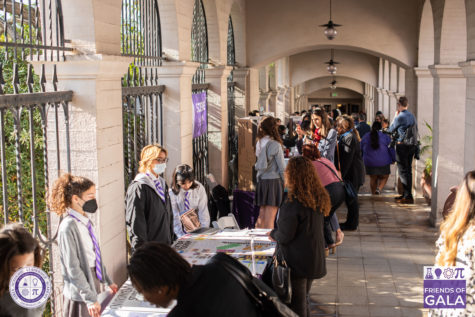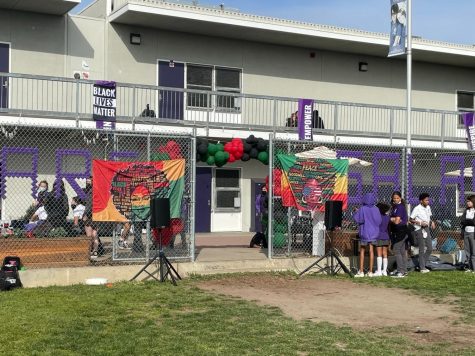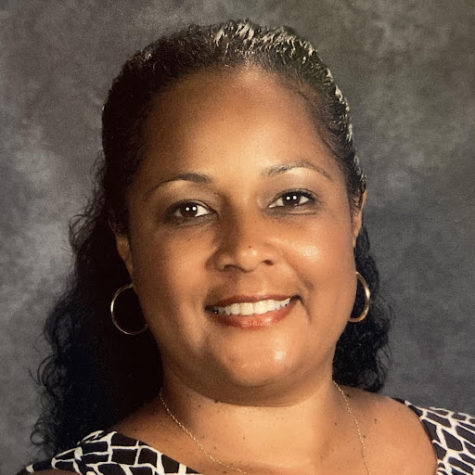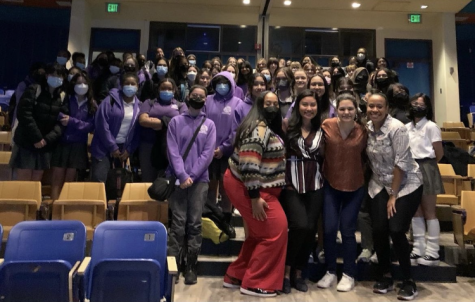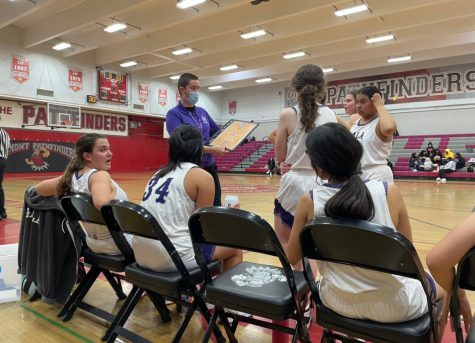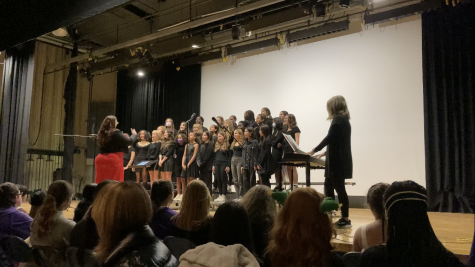WASC Visits GALA
Over the week of March 7, GALA will be hosting board members of the Western Association of Schools and Colleges (WASC). In order to obtain WASC’s accreditation, a school must write a report detailing their purpose and strengths, along with proposed action plans/goals they wish to achieve in the near future. They also must host a board of educators from other schools who, essentially, come to ensure that the school is performing as well as they claim to be. Accreditation lasts for up to six years before re-evaluation is necessary. If all goes well, GALA’s accreditation will be renewed.
The accreditation gives legitimacy to our graduates. In a presentation to the new student members of the WASC committee in April of 2021, Sue Leifield, teacher and WASC chair at GALA, explained that “it assures the educational community, the general public, and other organizations that an accredited institution has met high standards of quality and effectiveness.” Essentially, this means that the school’s purpose is sound and the education is confirmed to be appropriate and effective, as well as the knowledge being attained through an accessible educational program. To read more, check out iLead Online’s overview of the program.
Back in early 2021, Leifield reached out to high school students with an opportunity for them to join the WASC committee. There was a good response to this, and 17 of the applicants were selected. After applying, the chosen would attend meetings, read and contribute to the official report, and ultimately be prepared to answer any questions the board members may have during the forthcoming visit. Throughout this week, these students, along with assorted staff and parents, will be asked questions about GALA as a whole. This is to ensure an accurate and trustworthy account of what really happens at school.
As mentioned previously, part of the accreditation process is the presentation of a school’s action plans. The WASC committee here at GALA has narrowed it down to these four:
- Increase student mastery in mathematics standards, foundational skills, and the transfer of mathematical knowledge to multiple disciplines.
- Continue to develop strategies based in social-emotional learning to address the needs of students who are chronically absent.
- Refine mastery learning and standards based grading rubrics within content areas to provide greater consistency across departments and more clearly articulate the grading process to students and parents.
- Sequential development of critical thinking skills and academic knowledge as a continuum from 6th to 12th grade preparing students for the increased academic rigor of AP courses and college entrance criteria.
But what does this actually mean? It may be difficult to look at these lofty, complex hopes and see the actionable change behind them. Simply put, GALA wants to build mathematical skills, discourage absences, refine the grading process, and better prepare students for more challenging courses. Of course, these goals will take some time, there are many years we can use to implement and experiment.
All in all, preparing for and hosting WASC this week was a demanding yet hopefully conclusive experience. Even just sitting in on meetings and listening to teachers, parents, and students talk to WASC members will make it clear that the dedication of our community is immeasurable.

Mae D. is a current junior at GALA. This is her second year at The Echo, and though she was the Sports Editor last year, she is excited to be...
